The Royal Society of Medicine
The Royal Society of Medicine is a registered charity and membership organisation founded over 200 years ago, with a vision for better healthcare for better lives. As one of the largest providers of continuing medical education in the UK to healthcare professionals, The Royal Society of Medicine delivers multidisciplinary, specialist and general education, as well as professional development. The Society draws on the support of leading experts in over 50 specialist areas of medicine, and a global network of 20,000 members. The Royal Society of Medicine is a Royal Charter body registered with the Privy Council, with the former patron being Her Majesty Queen Elizabeth II.
The Challenges Faced by The Royal Society of Medicine
In managing the Society’s academic programme, the Academic Department was overseeing 400+ meetings annually, attended by 30,000+ delegates per year. This responsibility involved a team of 30 staff, including 20 professional Event Coordinators, sponsorship personnel, Assistant Events Coordinators, and Administrators. The department handled all aspects of these meetings, from marketing to online and postal delegate registration and liaising with speakers.
In early 2011, the department underwent a significant restructuring. This not only entailed changes to posts, roles and pay scales but more crucially, marked the initial phase of defining and transforming the department’s culture while aiming to reduce staff turnover. During the summer of 2011, Ali Stewart & Co. was engaged to deliver the Insights Self-Directing Professional programme training to the entire department. Managers and Senior Event Co-ordinators continued their development through the Leadership programme over the following 18 months.
How Ali Stewart & Co Responded
Having assessed the challenges being faced by The Society of Medicine,
Improve the effectiveness of the organisation - enable more to be done with the same or less, with strong teamwork among staff.
Insights Programme
Self-Directing Professional Programme
“Ali was able to build an immediate rapport with the staff and with the management team as a team and with individuals. She was able to tailor the sessions to meet individual’s needs and allowed questions to be asked and addressed during training which I think really helped staff gain from the sessions. I particularly valued her informal coaching and mentoring to me!”
Caroline Langley and Nicole Leida
The Results
Many of the programme graduates highlighted its significant impact both on their personal and professional development. For some, it marked the start of their personal development journey, gaining valuable skills that enhanced their individual work and teamwork with colleagues. Several individuals, showcasing their newfound capabilities, earned promotions within the Department following the programme. The Royal Society of Medicine underscored the great value of the 1:1 follow ups with Ali herself, emphasising this as a critical element in the programme’s success for individual development.
For the management team, the programme instilled confidence and skills to create a clear vision for both staff and the department. This extended to performance standards and expressions of leadership style and culture. The Academic Department, having gained valuable insights, successfully implemented changes including ‘back to basics’ sessions, where staff members actively contributed to refinding processes for improved performance. Elements of the programme were also integrated into their annual appraisal system, ensuring a culture of continuous learning and development.
Over the subsequent 2 years following the initial sessions, the Royal Society of Medicine observed a stabilisation of turnover. New team members, joining post-programme, expressed a more positive outlook on working at the Society and demonstrated resilience in facing challenges.
Any advice to organisations in a similar position?
“Be brave! It takes time and courage to recognise that things perhaps need to change/be developed and this is all the more difficult if you have been working in the area for some time. I would also say don’t underestimate the time that it takes – the preparation time, time for training and follow-up. It requires a high level of reflection (individual and organisational) and this can be quite difficult at times. (if too long, would suggest cutting this line). There needs to be buy-in from the senior/management team as well as some key opinion formers in the team/department. Organisations also have to remember that investment in staff development rather than solely on the job training is a worthwhile and necessary investment!”

